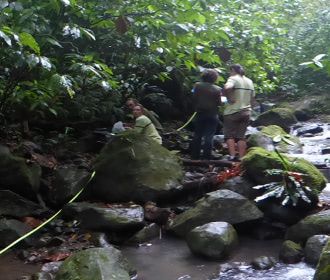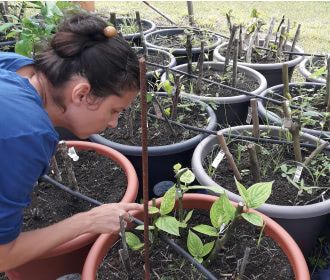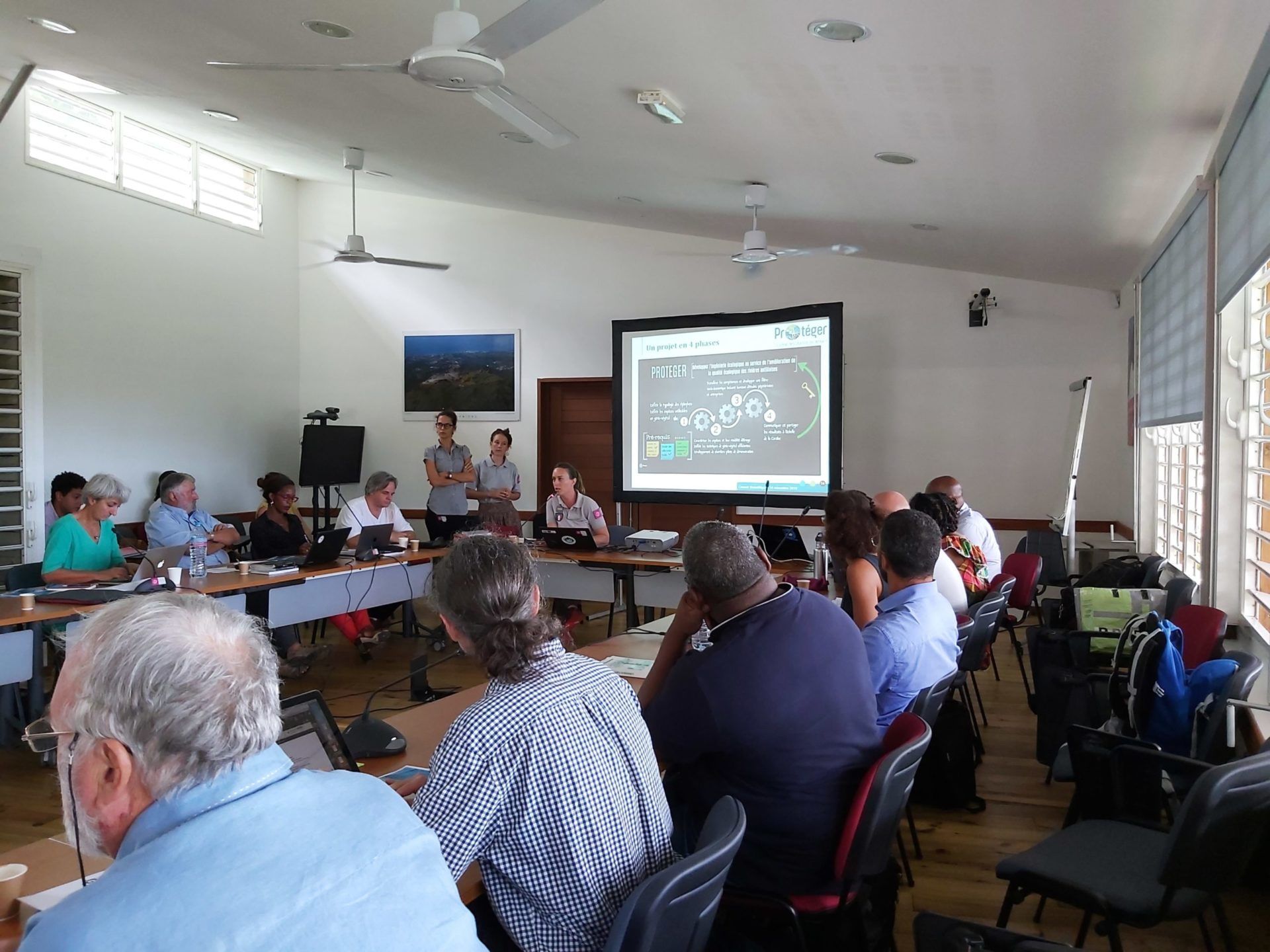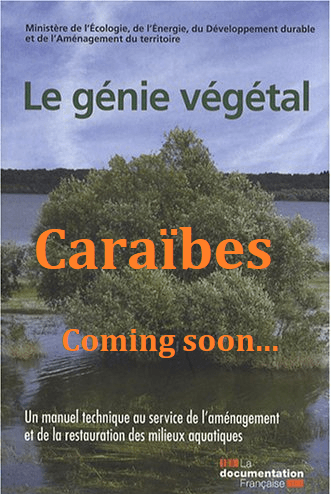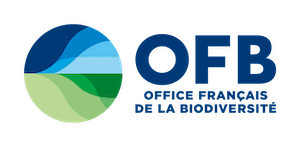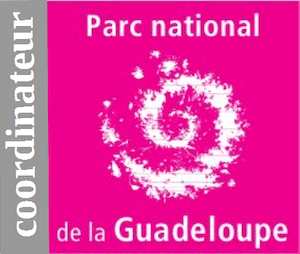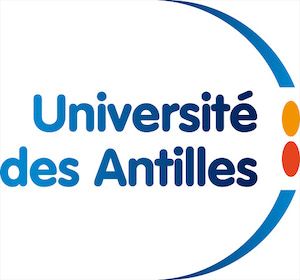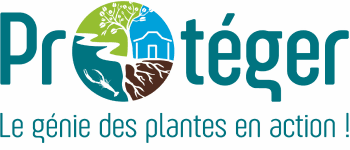Paramètres des cookies
Déterminez quels cookies vous voulez autoriser.Vous pouvez modifier ces paramètres à tout moment. Toutefois, cela peut avoir pour conséquence que certaines fonctions ne soient plus disponibles. Pour plus d'informations quant à la suppression des cookies, veuillez consulter la fonction d'aide de votre navigateur.EN SAVOIR PLUS AU SUJET DES COOKIES QUE NOUS UTILISONS.
Avec le curseur, vous pouvez activer ou désactiver différents types de cookies :
-
Tout bloquer
-
Essentiel
-
Fonctionnalité
-
Analyse
-
Publicité
Ce site web
- Essentiel : Souvenez-vous de votre paramètre d'autorisation de cookie
- Essentiel : Autoriser les cookies de session
- Essentiel : Rassembler les informations que vous avez entré dans un bulletin d'informations et d'autres formulaires de contact à travers toutes les pages
- Essentiel : Gardez une trace de ce que vous avez mis dans votre panier d'achat
- Essentiel : Authentifiez que vous êtes connecté à votre compte utilisateur
- Essentiel : Souvenez-vous de la version linguistique que vous avez sélectionnée
Ce site ne sera pas
- Souvenez-vous de vos données de connexion
- Fonctionnalité : Souvenez-vous des paramètres des médias sociaux
- Fonctionnalité : Souvenez-vous de la région et du pays sélectionnés
- Analyse : Gardez la trace de vos pages visitées et de l'interaction réalisée
- Analyse : Gardez une trace de votre emplacement et de votre région en fonction de votre numéro IP
- Analyse : Gardez une trace du temps passé sur chaque page
- Analyse : Augmenter la qualité des données des fonctions statistiques
- Publicité : Adaptez l'information et la publicité à vos intérêts en fonction, par exemple, du contenu que vous avez visité auparavant. (Actuellement, nous n'utilisons pas de ciblage ou de cookies de ciblage)
- Publicité : Recueillir des informations personnelles identifiables telles que le nom et l'emplacement
Ce site web
- Essentiel : Souvenez-vous de votre paramètre d'autorisation de cookie
- Essentiel : Autoriser les cookies de session
- Essentiel : Rassembler les informations que vous avez entré dans un bulletin d'informations et d'autres formulaires de contact à travers toutes les pages
- Essentiel : Gardez une trace de ce que vous avez mis dans votre panier d'achat
- Essentiel : Authentifiez que vous êtes connecté à votre compte utilisateur
- Essentiel : Souvenez-vous de la version linguistique que vous avez sélectionnée
- Fonctionnalité : Souvenez-vous des paramètres des médias sociaux
Fonctionnalité : Souvenez-vous de la région et du pays sélectionnés
Ce site ne sera pas
- Analyse : Gardez la trace de vos pages visitées et de l'interaction réalisée
- Analyse : Gardez une trace de votre emplacement et de votre région en fonction de votre numéro IP
- Analyse : Gardez une trace du temps passé sur chaque page
- Analyse : Augmenter la qualité des données des fonctions statistiques
- Publicité : Adaptez l'information et la publicité à vos intérêts en fonction, par exemple, du contenu que vous avez visité auparavant. (Actuellement, nous n'utilisons pas de ciblage ou de cookies de ciblage)
- Publicité : Recueillir des informations personnelles identifiables telles que le nom et l'emplacement
Ce site web
- Essentiel : Souvenez-vous de votre paramètre d'autorisation de cookie
- Essentiel : Autoriser les cookies de session
- Essentiel : Rassembler les informations que vous avez entré dans un bulletin d'informations et d'autres formulaires de contact à travers toutes les pages
- Essentiel : Gardez une trace de ce que vous avez mis dans votre panier d'achat
- Essentiel : Authentifiez que vous êtes connecté à votre compte utilisateur
- Essentiel : Souvenez-vous de la version linguistique que vous avez sélectionnée
- Fonctionnalité : Souvenez-vous des paramètres des médias sociaux
Fonctionnalité : Souvenez-vous de la région et du pays sélectionnés
- Analyse : Gardez la trace de vos pages visitées et de l'interaction réalisée
- Analyse : Gardez une trace de votre emplacement et de votre région en fonction de votre numéro IP
- Analyse : Gardez une trace du temps passé sur chaque page
- Analyse : Augmenter la qualité des données des fonctions statistiques
Ce site ne sera pas
- Publicité : Adaptez l'information et la publicité à vos intérêts en fonction, par exemple, du contenu que vous avez visité auparavant. (Actuellement, nous n'utilisons pas de ciblage ou de cookies de ciblage)
- Publicité : Recueillir des informations personnelles identifiables telles que le nom et l'emplacement
Ce site web
- Essentiel : Souvenez-vous de votre paramètre d'autorisation de cookie
- Essentiel : Autoriser les cookies de session
- Essentiel : Rassembler les informations que vous avez entré dans un bulletin d'informations et d'autres formulaires de contact à travers toutes les pages
- Essentiel : Gardez une trace de ce que vous avez mis dans votre panier d'achat
- Essentiel : Authentifiez que vous êtes connecté à votre compte utilisateur
- Essentiel : Souvenez-vous de la version linguistique que vous avez sélectionnée
- Fonctionnalité : Souvenez-vous des paramètres des médias sociaux
Fonctionnalité : Souvenez-vous de la région et du pays sélectionnés
- Analyse : Gardez la trace de vos pages visitées et de l'interaction réalisée
- Analyse : Gardez une trace de votre emplacement et de votre région en fonction de votre numéro IP
- Analyse : Gardez une trace du temps passé sur chaque page
- Analyse : Augmenter la qualité des données des fonctions statistiques
- Publicité : Adaptez l'information et la publicité à vos intérêts en fonction, par exemple, du contenu que vous avez visité auparavant. (Actuellement, nous n'utilisons pas de ciblage ou de cookies de ciblage)
- Publicité : Recueillir des informations personnelles identifiables telles que le nom et l'emplacement
Ce site ne sera pas
- Souvenez-vous de vos données de connexion
